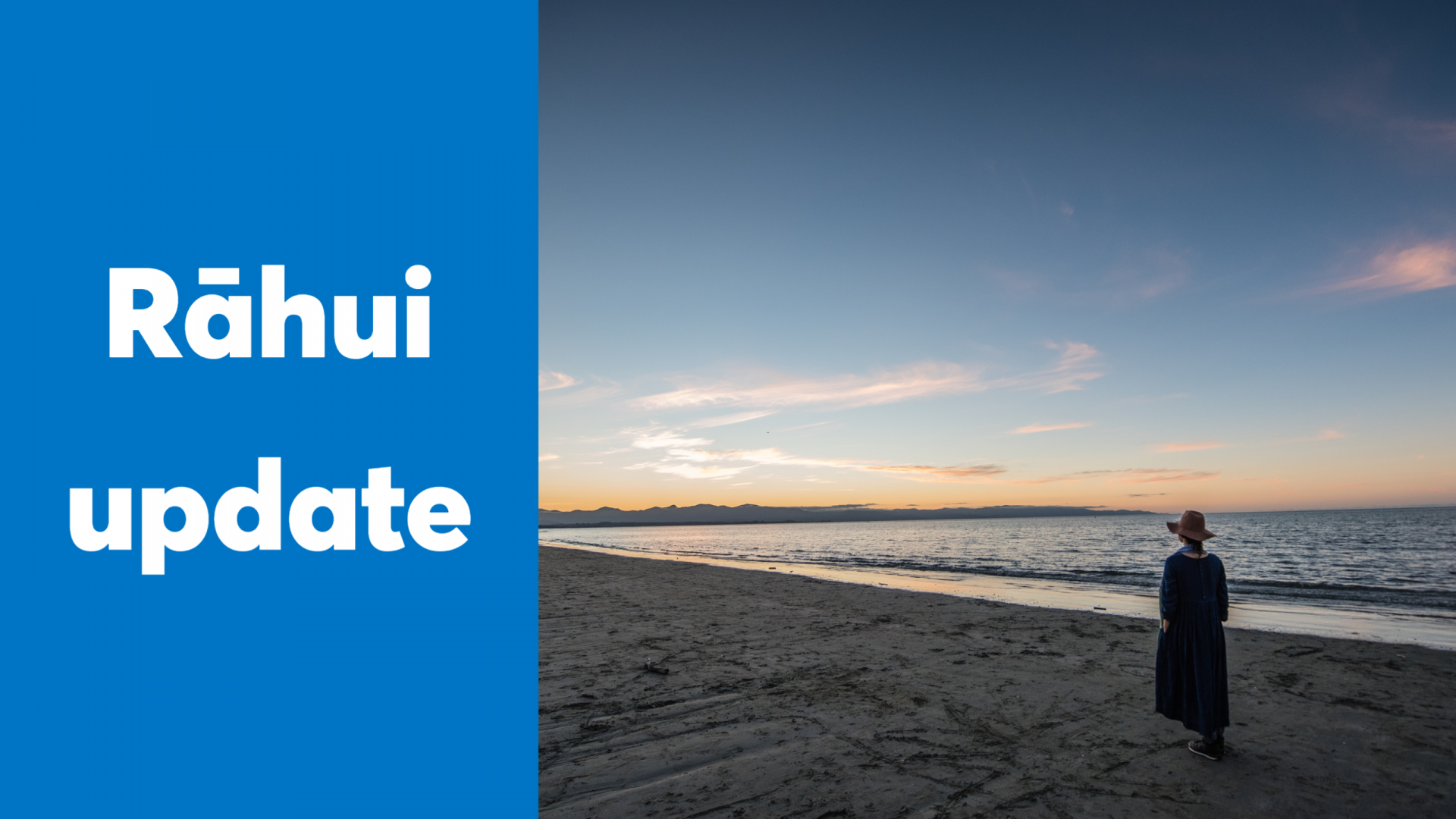Rāhui partially lifted
23/05/2023 9:28am
In coordination with Te Whatu Ora Nelson Marlborough, iwi have advised the rāhui, or sacred restriction, placed over Tasman Bay following the May 2023 rainfall event has been partially lifted, with restrictions remaining around the gathering of shellfish and kaimoana.
Water sampling has been carried out at four representative sites over an 11-day period. These sites were sampled as part of resource consent conditions for when a sewage spill occurs in Tasman Bay, as occurred in early May with the heavy rain that hit our region.
The test results have been compared with the Ministry for the Environment Microbiological Water Quality guidelines for marine and freshwater recreational areas, and Public Health and iwi officials are now satisfied that sites meet the required safety criteria for recreational contact with water.
While it is now safe to swim and be in or on the water, restrictions remain around taking shellfish and/or kaimoana.
A permanent rāhui (unrelated to the May rain) remains in place for the gathering of shellfish and kaimoana from the Waimea Estuary, Port Nelson and the Haven, as harmful bacteria and chemicals may be present from stormwater run-off that occurs in these areas.
For all other areas in Nelson District, restrictions on gathering shellfish and kaimoana remain in place until 28 days after the last significant rainfall, or 14 June 2023 for Nelson.
Shellfish includes mussels, oysters, tuatua, pipi, toheroa, cockles, scallops, catseyes, kina (sea urchin), and all other bivalve shellfish.
Pāua, crab, fin fish and crayfish may still be eaten if the gut has been completely removed prior to cooking. If the gut is not removed, its contents could contaminate the meat during the cooking process.
Whitebait fishers should wash both their catch and their hands in fresh water or under the tap at home. Their hands could get contaminated from river water, and there’s a risk of cross-contamination in the kitchen.
While you may not get sick from eating a cooked whitebait fritter, you could still get ill from utensils or other foods prepared in the same kitchen.
People who sell or gift whitebait may also be passing on the risk of infection if they do not thoroughly wash their catch and equipment.
Anyone experiencing illness after contact with water or eating food should consult their GP or Healthline at 0800 611 116.
Further information about water quality and where it is safe to swim or engage in other types of recreational activity in the sea can be found at the LAWA website.

